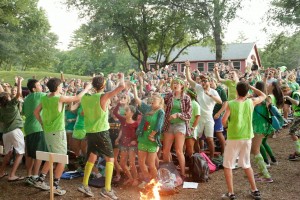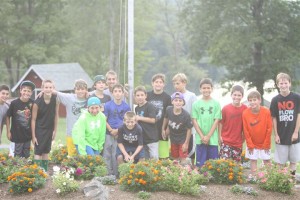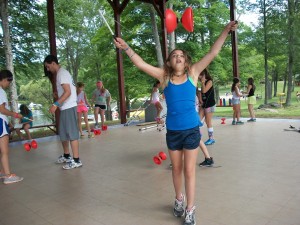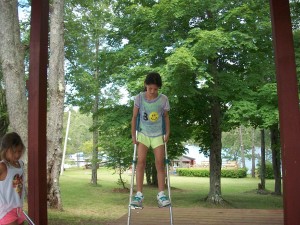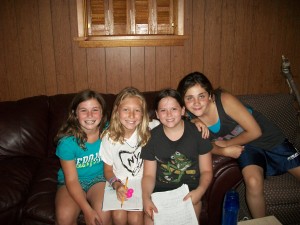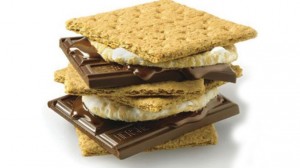 At Americas Finest Summer Camps, everyone looks forward to getting in on the action and making s’mores. But what is it about s’mores that gets us asking for – you guessed it – some more?
At Americas Finest Summer Camps, everyone looks forward to getting in on the action and making s’mores. But what is it about s’mores that gets us asking for – you guessed it – some more?
The sticky, ooey, gooey, utterly delicious ingredients, that’s what!
People say there is a National S’mores Day celebrated on August 10 every year, but you don’t have to wait until then to eat s’mores. To make s’mores, you start when the sun goes down. Everyone gathers around the roaring camp fire hungry for an after dinner sweet treat. Bring along chocolate bars, graham crackers and marshmallows. It doesn’t matter if the chocolate is milk chocolate or dark chocolate – you pick. And don’t forget the skewers, unless you are planning to use twigs like the old days.
Very carefully, break the graham crackers and chocolate into squares. A half of a regular sized chocolate bar and two attached graham crackers will do nicely. Remember, you are kind of making a chocolate and marshmallow sandwich, so you will need two squares of graham crackers.
Now for the best part. Stick your skewer, or twig, right through the center of the marshmallow so it doesn’t fall off. Then roast the marshmallow over the fire until the outside is brown, not burnt, and the inside is really, really gooey. If the marshmallow does fall off into the fire, don’t worry! Just take another one and start over.
When the marshmallow is done, it is time to put together your s’mores. Use one piece of graham cracker as the base, then place the chocolate on top, and then put the hot marshmallow on top of that. Be careful not to burn your fingers! Then add the last layer, the other piece of graham cracker.
But the s’mores is not ready for eating yet!
Just wait a minute or two so the hot marshmallow melts the chocolate just a little bit. Now, take a bite and enjoy your sticky, ooey, gooey, oh so good chocolate marshmallow graham cracker treat!

 570-798-9831
570-798-9831
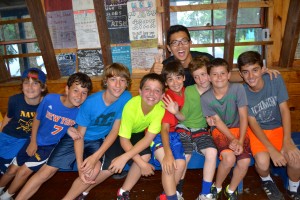
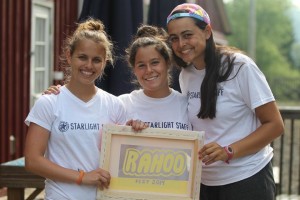
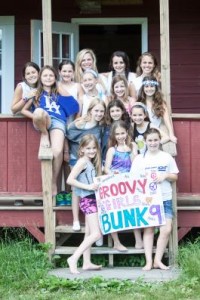
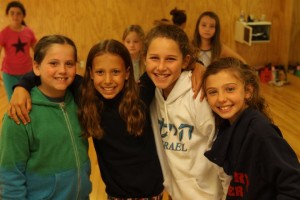
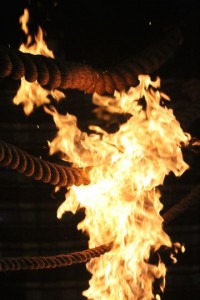

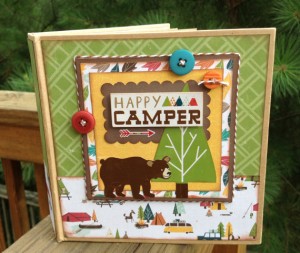
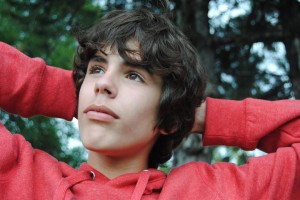
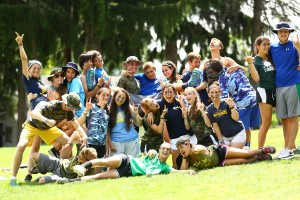
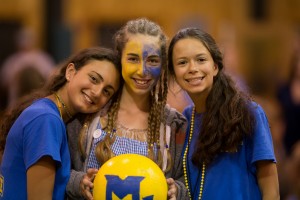
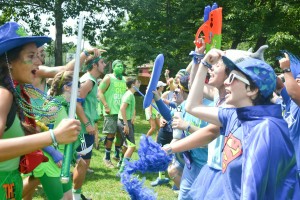






 There are incredible dishes being created in our brand new Culinary Center, the Athletics Instruction has been awesome, the creativity shown at the Arts’ Centers and Theater are second to none, and Crescent Lake is always a hotbed of activity. Our first “S” Day was a hit: the Saco and Kineo campers had an amazing time at Splashtown USA , the 7th Graders enjoyed Seacoast, and the Baxter/Allagash Beach party was a huge success!
There are incredible dishes being created in our brand new Culinary Center, the Athletics Instruction has been awesome, the creativity shown at the Arts’ Centers and Theater are second to none, and Crescent Lake is always a hotbed of activity. Our first “S” Day was a hit: the Saco and Kineo campers had an amazing time at Splashtown USA , the 7th Graders enjoyed Seacoast, and the Baxter/Allagash Beach party was a huge success!